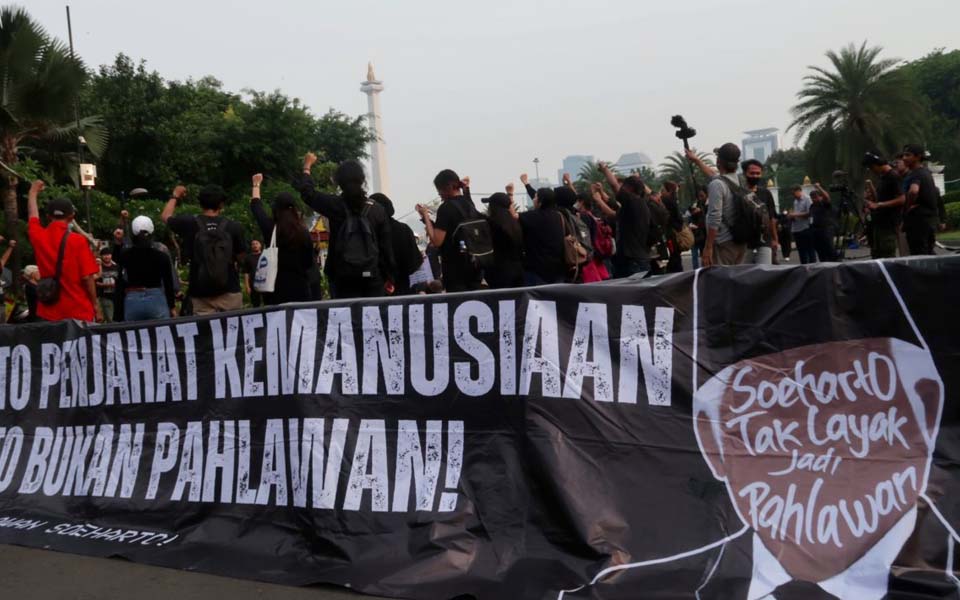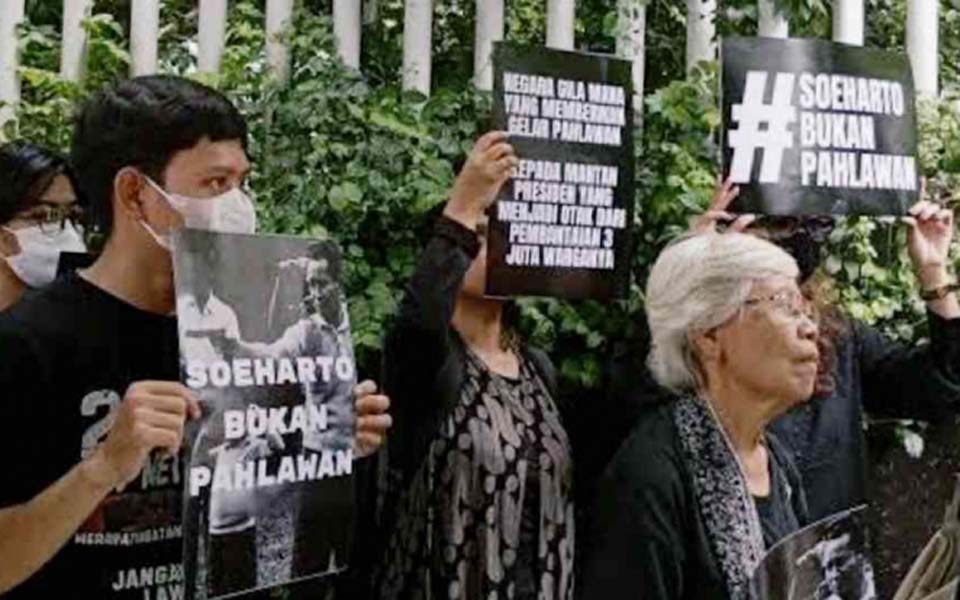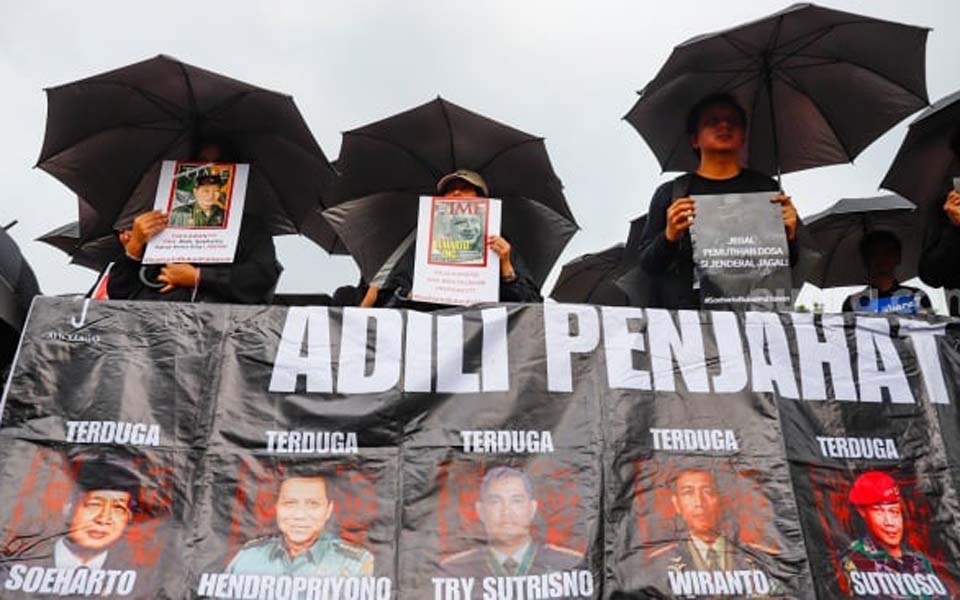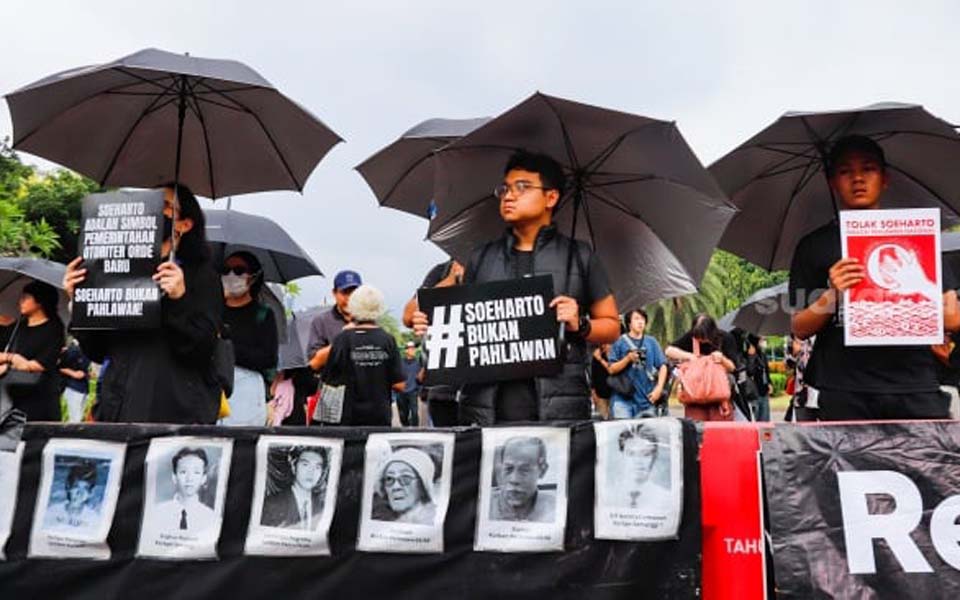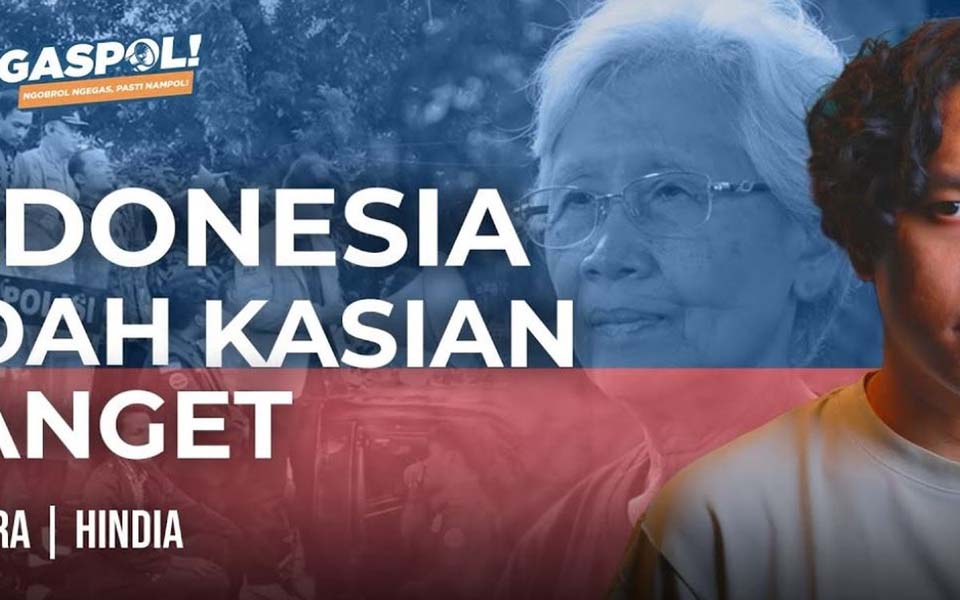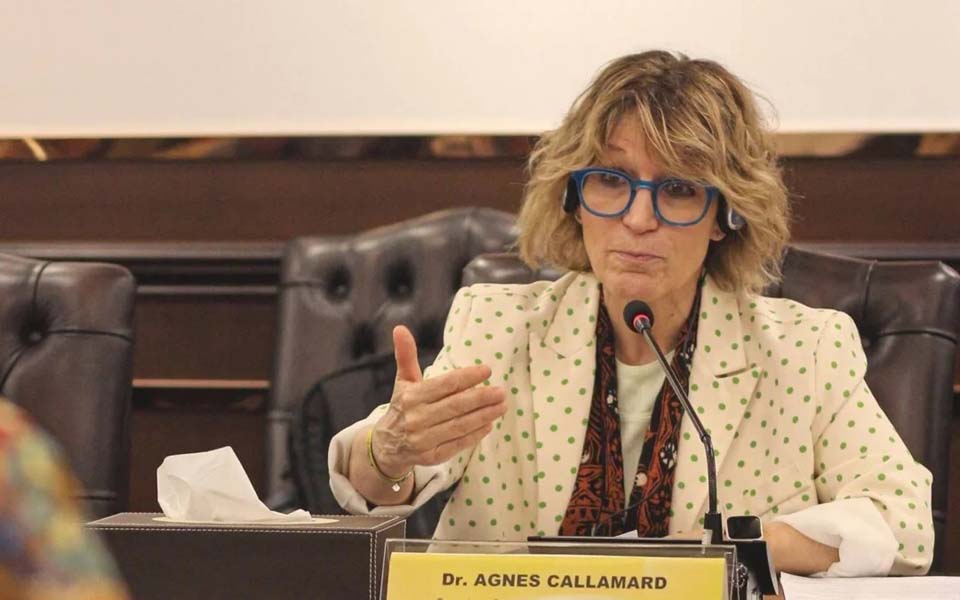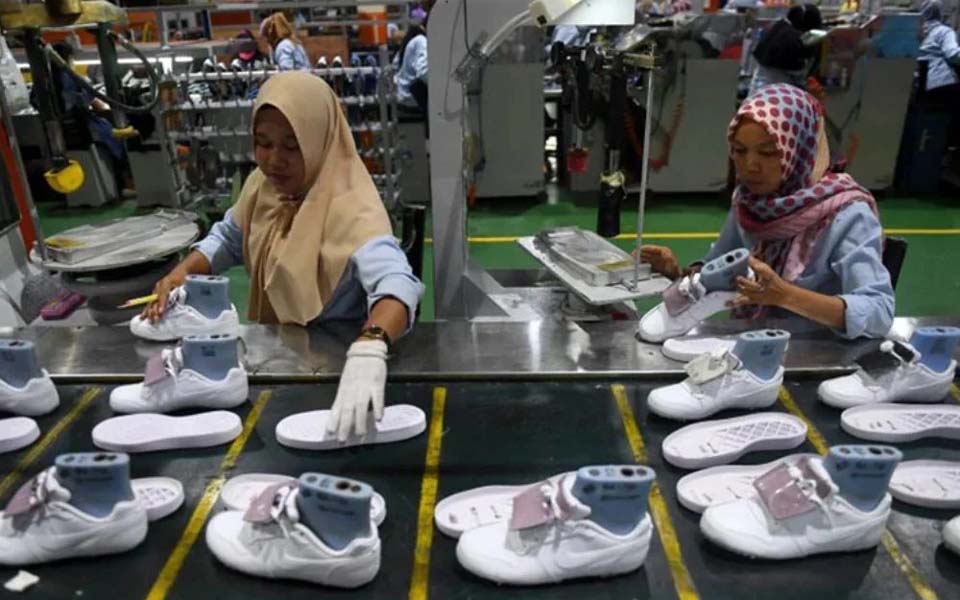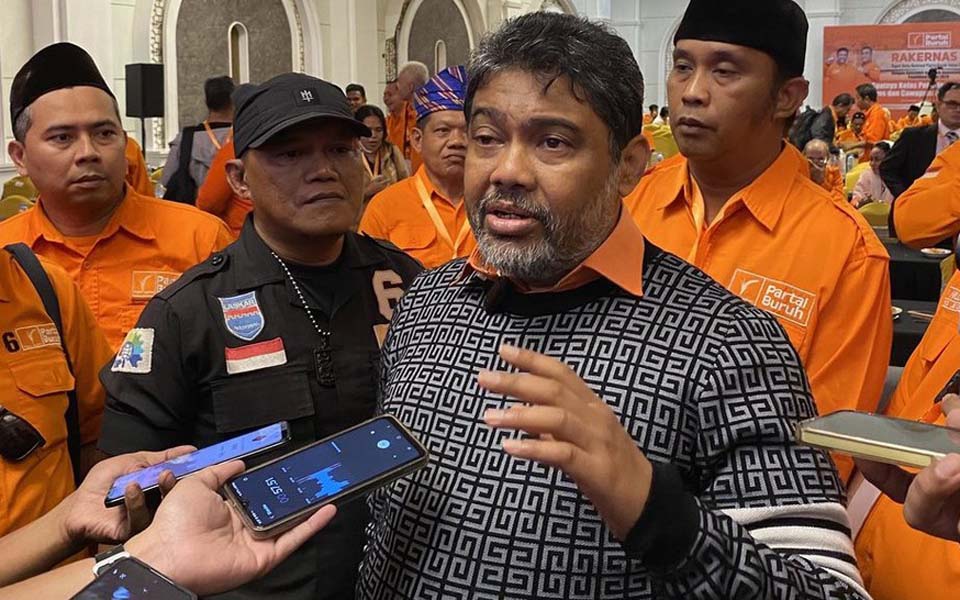Jakarta – Lokataru Foundation Human Rights and Law Director Haris Azhar is pessimistic that the administration of President Joko “Jokowi” Widodo and Vice President Jusuf Kalla have the political will to resolve the murder of labour activist Marsinah 26 years ago.
“[We] can’t have any hope in this regime in the Marsinah case and other cases of past human rights violations”, said Azhar at the Lokataru offices in Jakarta on Wednesday May 8.
Azhar said that the Widodo administration is filled with people who are alleged to be involved in past human rights violations and it is for this reason that Azhar is pessimistic about the government.
“The current regime is a great big lively party full of people whose hands were covered in blood in the past. So yes it’s impossible for it to be resolved by this regime”, said Azhar.
Yet, according to Azhar, the Marsinah case is one of many past human rights cases that need to be solved. The other examples are the Trisakti, Semanggi I and Semanggi II student shootings in 1997-98, Aceh and West Papua.
The steps that need to be carried out are uncovering the facts and truth in a comprehensive way and then seeking a resolution or justice.
“The aim is not revenge, but to set a standard for the future, about what law enforcement should be like”, said Azhar.
On May 8, 1993, 24-year-old Marsinah was found dead in a hut in a rice field in the village of Jagong, Nganjuk. Her body was then autopsied at the Nganjuk regional public hospital under the supervision of Dr Jekti Wibowo. The autopsy results found that she had suffered serious injuries.
Marsinah was murdered shortly after organising a strike at her company demanding that workers be paid the regional minimum wages. The workers were also protesting the arbitrary sacking of workers on the orders of the military. (bow/arh)
Notes
Marsinah was a women activist who led a strike at the PT Catur Putra Surya watch factory in Surabaya, East Java. On May 8, 1993, three days after the strike, her body was found in a remote hut. The medical examination found that she had died as a result of injuries inflicted during torture. Although there was considerable circumstantial evidence that she had been kidnapped and killed by the military, in 1994 nine managerial personnel and security guards from the factory were tried and convicted of the murder. All of the defendants claimed that they had been tortured in order to extract confessions. On May 5, 1995, all nine were released.
[Translated by James Balowski. The original title of the article was “26 Tahun Kasus Marsinah, Lokataru Pesimis pada Jokowi”.]






